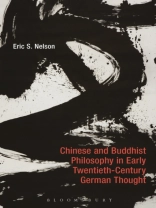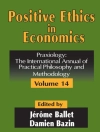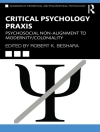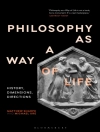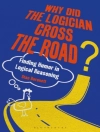Presenting a comprehensive portrayal of the reading of Chinese and Buddhist philosophy in early twentieth-century German thought,
Chinese and Buddhist Philosophy in Early Twentieth-Century German Thought examines the implications of these readings for contemporary issues in comparative and intercultural philosophy.
Through a series of case studies from the late 19th-century and early 20th-century, Eric Nelson focuses on the reception and uses of Confucianism, Daoism, and Buddhism in German philosophy, covering figures as diverse as Buber, Heidegger, and Misch. He argues that the growing intertextuality between traditions cannot be appropriately interpreted through notions of exclusive identities, closed horizons, or unitary traditions. Providing an account of the context, motivations, and hermeneutical strategies of early twentieth-century European thinkers” interpretation of Asian philosophy, Nelson also throws new light on the question of the relation between Heidegger and Asian philosophy. Reflecting the growing interest in the possibility of intercultural and global philosophy,
Chinese and Buddhist Philosophy in Early Twentieth-Century German Thought opens up the possibility of a more inclusive intercultural conception of philosophy.
Professor Eric S. Nelson
Chinese and Buddhist Philosophy in Early Twentieth-Century German Thought [PDF ebook]
Chinese and Buddhist Philosophy in Early Twentieth-Century German Thought [PDF ebook]
Koop dit e-boek en ontvang er nog 1 GRATIS!
Formaat PDF ● Pagina’s 288 ● ISBN 9781350002579 ● Uitgeverij Bloomsbury Publishing ● Gepubliceerd 2017 ● Downloadbare 3 keer ● Valuta EUR ● ID 5317954 ● Kopieerbeveiliging Adobe DRM
Vereist een DRM-compatibele e-boeklezer
